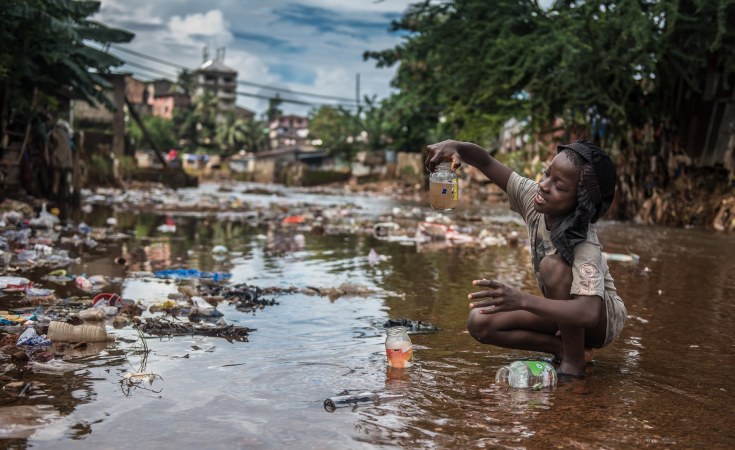Climate change is emerging as a formidable health challenge in Uganda, exacerbating the spread of diseases like malaria and waterborne illnesses.
As global temperatures rise, Uganda, a country already grappling with significant public health burdens, is witnessing an alarming increase in climate-sensitive diseases.
Malaria, which has long been a concern, is now spreading to previously cooler highland regions, altering the disease's geographic profile in the country.
The Uganda Malaria Indicator Survey of 2022 underscores this troubling trend, showing that malaria prevalence in highland districts like Kabale and Kisoro has risen from 3% in 2010 to 12% in 2020.
This surge is largely attributed to warmer temperatures and increased rainfall, which create ideal conditions for mosquitoes to thrive.
Communities in these areas, once considered safe from malaria, are now struggling to manage the disease, placing a strain on local health systems that are ill-equipped to handle such shifts.
In addition to malaria, waterborne diseases like cholera, typhoid, and dysentery are on the rise, driven by increasingly erratic weather patterns. Uganda's reliance on rain-fed water sources has left many communities vulnerable to these diseases, especially in the wake of heavy rains and flooding.
A cholera outbreak in 2023, which affected over 2,000 people and claimed 56 lives in districts like Kasese, Hoima, and Bulambuli, was a stark reminder of the health risks posed by climate-induced flooding.
A spokesperson from UNICEF Uganda noted, "Flooding not only destroys infrastructure but also contaminates water sources, leading to the spread of deadly diseases."
The situation is further complicated by the fact that many rural health centers in Uganda are poorly equipped to handle these outbreaks.
A 2022 Ministry of Health report revealed that half of these centers lack adequate water, sanitation, and hygiene (WASH) facilities, making it difficult to manage the spread of waterborne diseases.
The lack of proper WASH facilities is particularly concerning in the context of recurring disease outbreaks, where prevention and containment are key.
The economic impact of these health challenges is substantial, with the World Bank estimating that Uganda loses approximately 4.5% of its GDP annually due to the health effects of climate change.
These costs encompass healthcare expenses, loss of productivity due to illness, and damage to health infrastructure from extreme weather events. The financial strain on the economy is significant, particularly for a country like Uganda, where resources are already limited.
In response to these escalating challenges, the Ugandan government, with support from international organizations, has rolled out several initiatives aimed at mitigating the health impacts of climate change.
The National Climate Change and Health Adaptation Plan (2021-2025) was launched by the Ministry of Health in collaboration with the World Health Organization (WHO).
This plan focuses on strengthening health systems, improving disease surveillance, and enhancing community resilience. Over 27 million mosquito nets were distributed nationwide in 2023, and indoor residual spraying (IRS) programs were implemented to reduce malaria transmission.
Dr. Jane Ruth Aceng, Minister of Health, emphasized, "We are committed to protecting our people from the health risks posed by climate change."
Despite these efforts, experts warn that more comprehensive strategies are needed to fully address the health impacts of climate change in Uganda.
While current interventions are crucial, there is a need to integrate climate change adaptation into all sectors, particularly health, water, and agriculture.
The complexity of the situation demands a multi-sectoral approach that not only addresses immediate health needs but also builds long-term resilience against the ongoing and future impacts of climate change.


